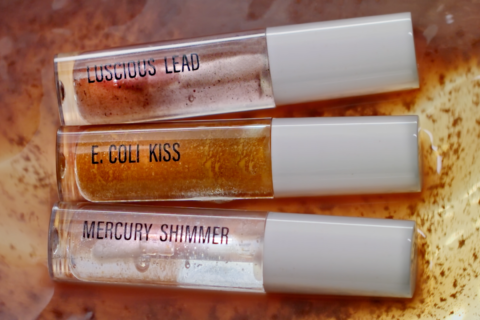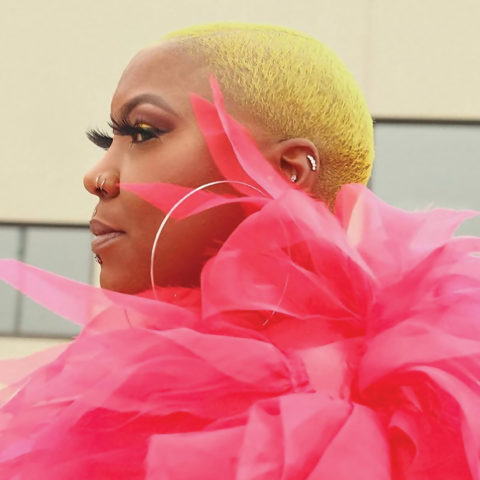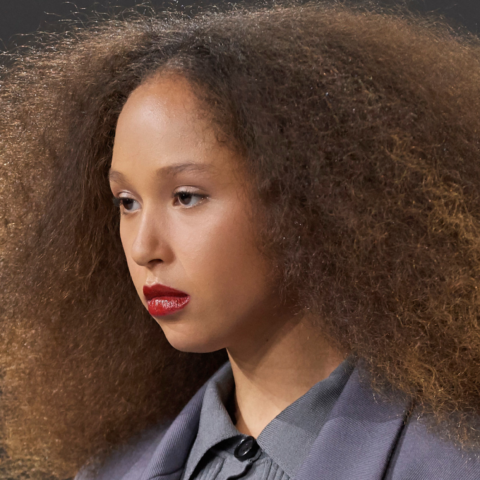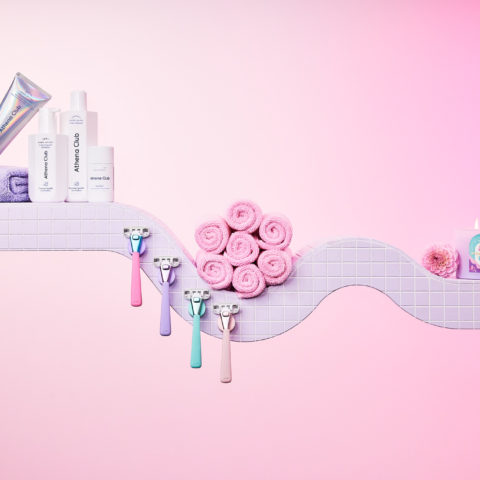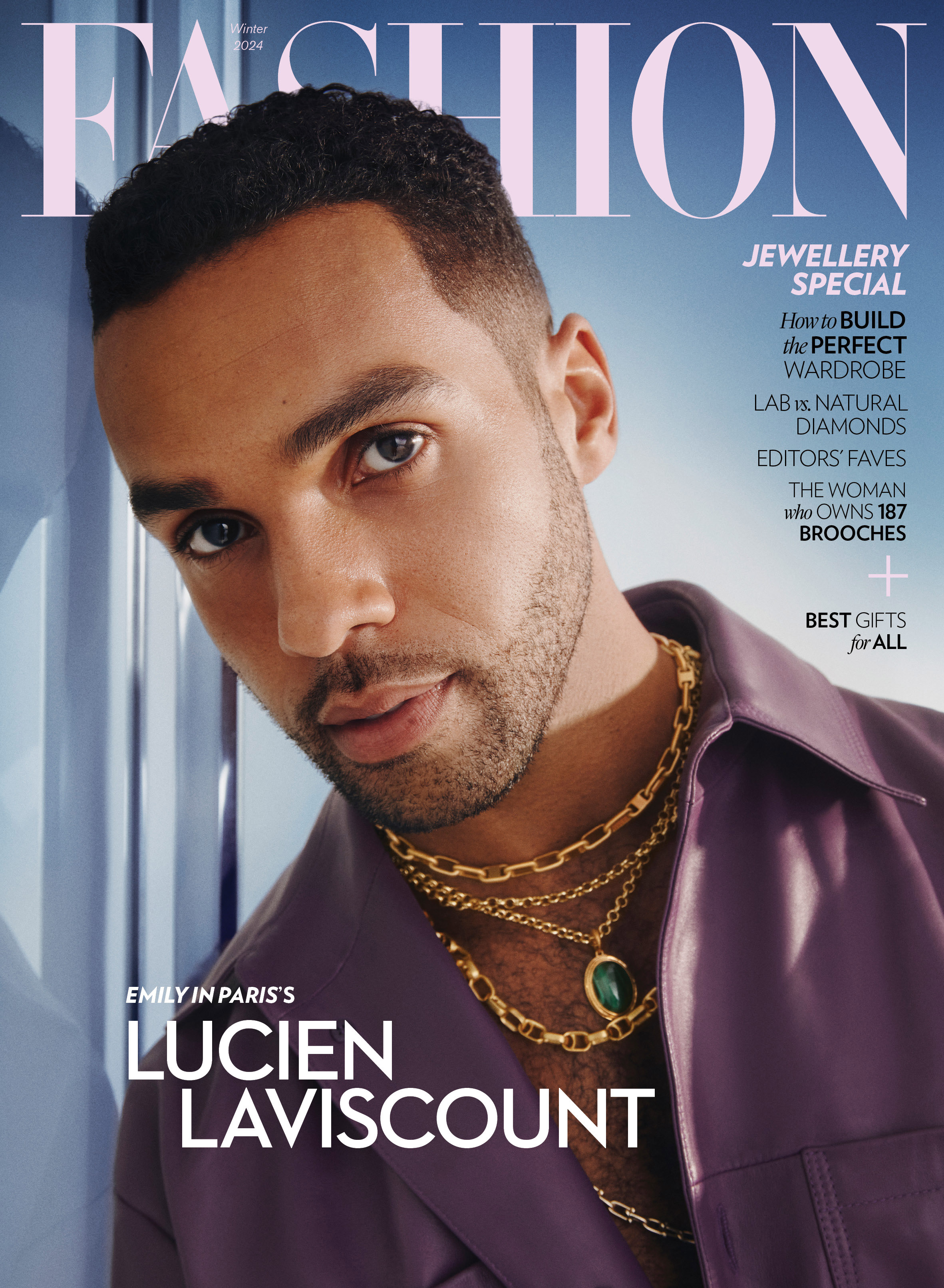Cheekbone Beauty is Here to Remind You About Canada’s Water Crisis
"I want people to understand just how much this is still happening."
Would you wear contaminated lip gloss? That’s the question Cheekbone Beauty wants you to consider in its new campaign, #GlossedOver. In light of Indigenous History Month, the makeup brand is calling attention to Canada’s drinking water crisis. The company released three lip glosses infused with water from Indigenous communities across the country. And, just like the water, the products are unsafe to use.
Welcome “Luscious Lead,” “E. Coli Kiss” and “Mercury Shimmer” to the Cheekbone Beauty lip gloss collection. Sound gross? That’s the point.
CEO Jenn Harper, who is Anishinaabe, founded Cheekbone Beauty in 2016 with the goal of making space in the beauty industry for Indigenous youth. #GlossedOver is an extension of that ethos. “This month is already heavily focused on Indigenous issues, and knowing that attention is on us, we wanted to use that visibility to start a conversation about this,” she says.
In Canada, long-term drinking water advisories have been in place in many Indigenous communities for decades. Water advisories are issued to warn people not to drink water that may be unsafe or contaminated, and an advisory is considered long-term when it has been in place for more than a year.
In 2015, the federal government pledged to end all long-term drinking water advisories by March 2021. Despite making some progress, that deadline was not met, and a new goal has been set for 2025. As of May 2022, there have been 132 long-term advisories lifted, but 34 remain.
To be clear, you can’t actually buy these products. By promoting unusable and even unsafe lip gloss, Cheekbone Beauty hopes to call attention to the double standard that Indigenous peoples face in this water crisis.
For the month of June, Sephora Canada will donate all proceeds from Cheekbone Beauty purchases in stores or at sephora.ca to Water First, a Canadian charity that works with Indigenous communities to address the water crisis.
“We have two main goals in this campaign: the first goal is to raise awareness about this issue and get people talking about it. The second goal is to maximize a donation to Water First,” says Harper. “I want people to understand just how much this is still happening: that it’s not a thing of the past.”
Below, Jenn Harper spoke more with FASHION about the inspiration behind #GlossedOver and how she hopes to see more Indigenous representation in the beauty world.
Representing this problem with makeup makes it more tangible to those who are not in these communities. Why did you choose to visualize the water crisis through lip gloss?
As a cosmetics company that was founded because of a dream I had of young native girls dancing around covered with lip gloss, it seemed [to be] the natural choice. In addition, the play on words was a big factor – lip gloss, glossed over, and the connection between drinking water having to touch your lips. It just made sense.
What message do you hope to send by releasing unsellable products?
The goal of making these into unsellable glosses was to show how outrageous it is that there are still water advisories in Indigenous communities across Canada. The message is, “You wouldn’t put it to your lips. But people in these communities shouldn’t have to, either.”
How do you hope to see Indigenous voices heard in the beauty world?
Loudly and frequently. I want every Indigenous person to feel that they are represented and reflected in the beauty industry. Representation saves lives.

